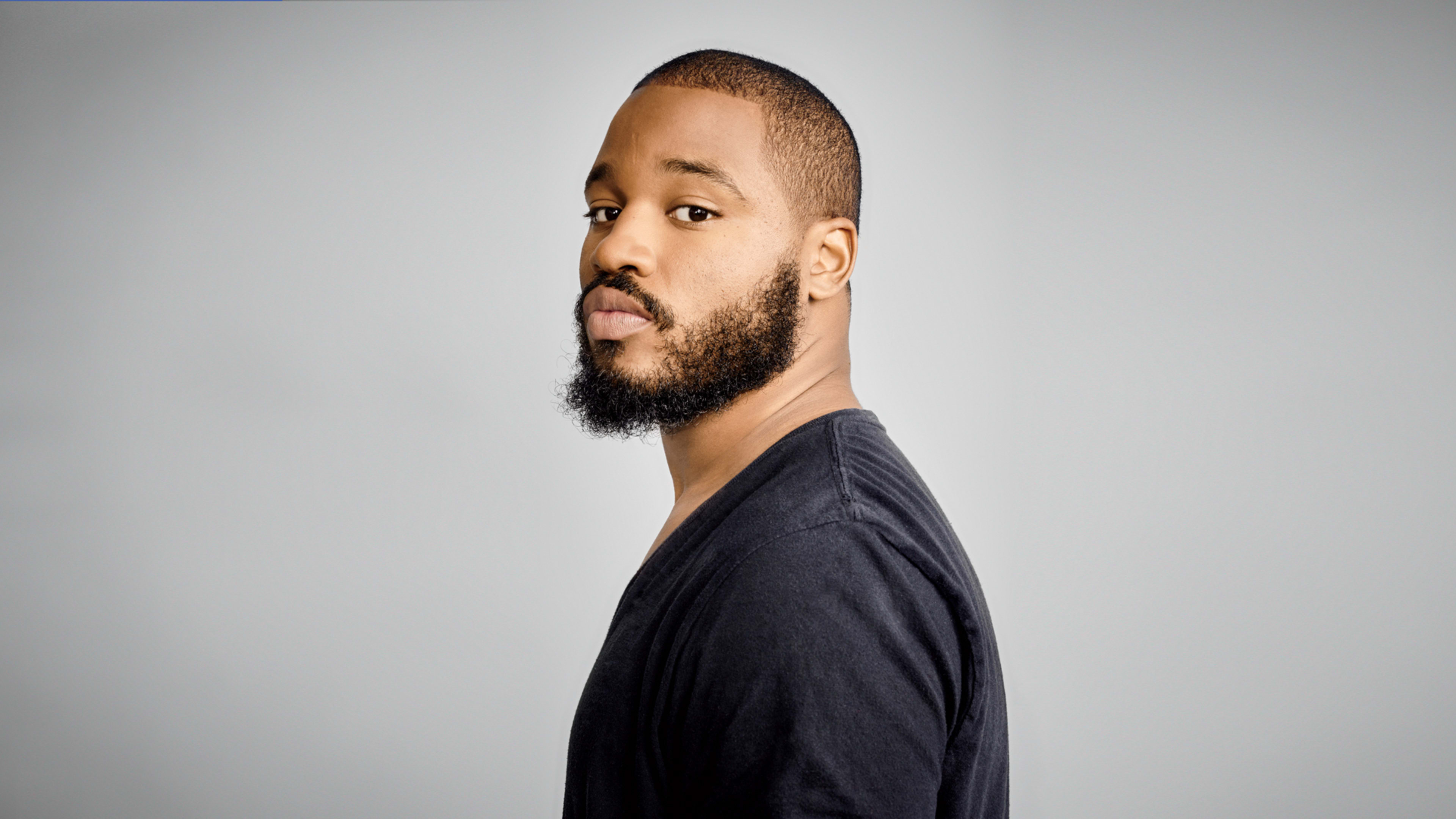When Marvel Studios announced that the third film in its Thor franchise was being turned over to Taika Waititi, a Kiwi director of small, idiosyncratic films, there was plenty of head scratching among Marvel fans. Waititi had plenty of Sundance cred, thanks to the vampire mockumentary What We Do In the Shadows; the quirky comedy Eagle vs. Shark; and Boy, a poignant coming-of-age tale, but the $200 million, men-in-capes genre was nowhere on his resume.
In the eyes of Marvel Studios President Kevin Feige, this was actually a selling point. As Feige saw it, Boy, which won rave reviews and became one of New Zealand’s top-grossing films, was proof that Waititi could give Thor: Ragnarok the kind of emotional resonance he was looking for. “Boy is hilariously audacious in its comedy, but it’s also deeply moving and deeply emotional,” Feige says. “And that’s a hard balance to have, and that’s what we wanted to strive for with Ragnarok. We wanted to continue the themes we’d seen in the previous Thor films, but do it in a very different way.”
Related Video: Black Panther Is Not Only About Black Empowerment, It’s Also Empowering For Women
In Hollywood, where studios typically seek the biggest names to steer their biggest tentpoles, Marvel’s nonintuitive approach to filmmaking is its own kind of audacity. It’s also an instinct that’s been paying off mightily for the company. Starting with Iron Man in 2008, which combined a director whose biggest credit was the Will Ferrell comedy Elf (Jon Favreau) with a star whose career had been overshadowed by TMZ headlines (Robert Downey, Jr.), Marvel’s surprising creative choices have translated to box office gold. That film, followed by 17 other titles including Thor, Guardians of the Galaxy, The Avengers, and most recently Black Panther–which blew away box office predictions over President’s Day weekend, grossing nearly $400 million worldwide in its first four days of release–have generated more than $13.5 billion at the global box office, making the company one of the biggest success stories in modern Hollywood. Marvel has also been a pioneer in the way it thinks about its body of films, all of which share interconnected characters and plot lines in a so-called Marvel Cinematic Universe, a concept that has been attempted unsuccessfully by many of Marvel’s peers.
Feige says there’s no secret formula to why Marvel so consistently strikes a chord with audiences, and that it’s really about peeling away the stereotype of what a super hero movie is, and instead simply asking the question of what makes a good film. As well as going back to the original source material: comic books.
Recognize your company's culture of innovation by applying to this year's Best Workplaces for Innovators Awards before the extended deadline, April 12.
